Food and Nutrition
Breadcrumb
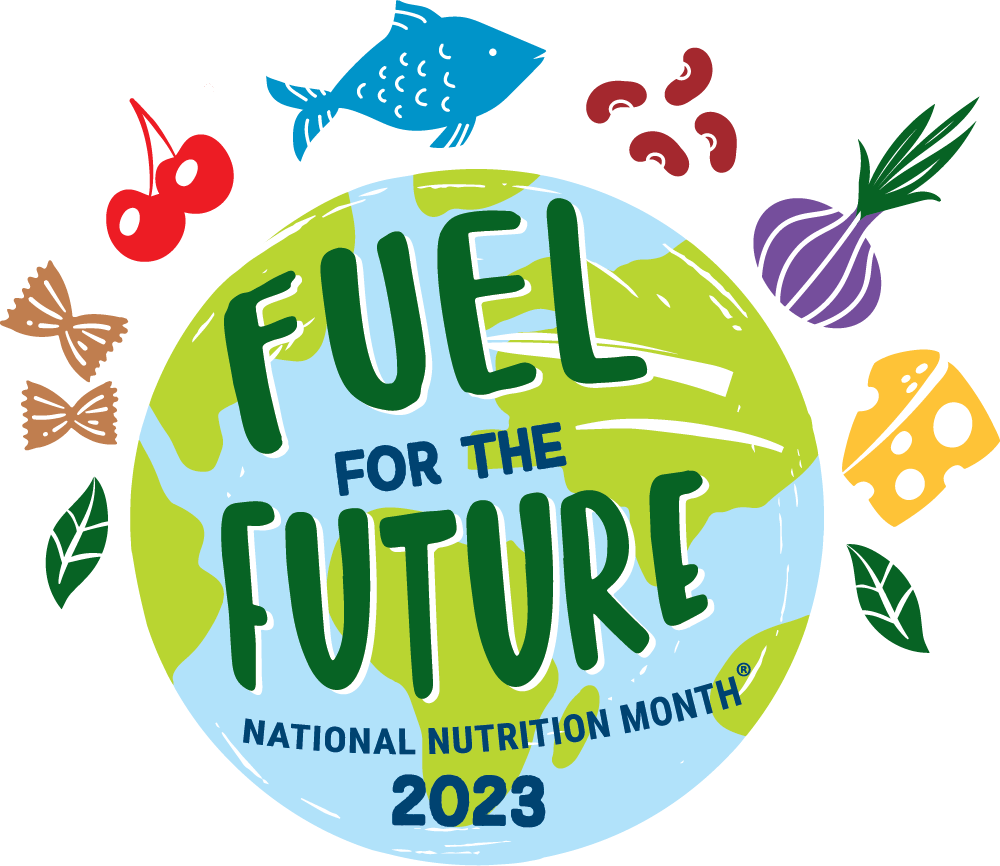 Discover National Nutrition Month
Discover National Nutrition Month
Good nutrition, combined with physical activity, can help you reach and maintain a healthy weight, reduce your risk of chronic diseases, and promote your overall health.
National Nutrition Month®, recognized each year during the month of March, is a good time to raise awareness of the importance of making informed food choices, developing sound eating habits, reducing food insecurity, and combating nutrition misinformation.
But don't wait for a special month!
Discover an NNLM Reading Club book now and get the conversation started.
 Discover MedlinePlus
Discover MedlinePlus
MedlinePlus is a service of the National Library of Medicine, the largest biomedical library in the world. Use Medlineplus.gov anywhere, anytime, on any device - for free - to discover high-quality health and wellness information that is reliable, easy to understand, and free of advertising, in both English and Spanish.
Discover information on:
- Nutrition
- Diet myths and facts
- Healthy Recipes both in English and Spanish
You also can use MyHeathfinder.gov to learn how to Watch Your Weight.
Discover NIH
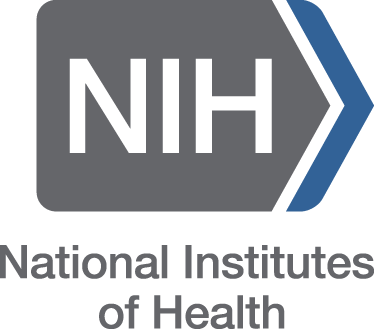 The National Institutes of Health (NIH), a part of the U.S. Department of Health and Human Services, is the nation’s medical research agency — making important discoveries that improve health and save lives. NIH is made up of 27 Institutes and Centers, each with a specific research agenda, often focusing on particular diseases or body systems.
The National Institutes of Health (NIH), a part of the U.S. Department of Health and Human Services, is the nation’s medical research agency — making important discoveries that improve health and save lives. NIH is made up of 27 Institutes and Centers, each with a specific research agenda, often focusing on particular diseases or body systems.
National Institute of Diabetes and Digestive and Kidney Diseases (NIDDK) supports research on the way the body absorbs and responds to nutrients, how nutrient levels are regulated in the body through gut-brain signals, how nutrients affect the body from infancy through the aging process, and how over- or under-nutrition affect physical function and metabolism. Read their article, Some Myths about Nutrition & Physical Activity
Discover More
50 Ideas to Get Involved in National Nutrition Month®, an awareness campaign sponsored by eatright.org
The Academy of Nutrition and Dietetics is trusted source of food and nutrition information. Locate registered dietitians, licensed nutritionists and extension agents. 10 nutrition myths debunked
U.S. Food and Drug Administration - Food is responsible for protecting the public health by ensuring the safety of our nation's food supply. Nutrition.gov serves as a gateway to reliable information on nutrition, healthy eating, physical activity, and food safety for consumers, Nutrition Fact Labels that you find on packaged foods and beverages help you make informed food choices that can have positive effects on your health and wellness, and MyPlate offers ideas and tips to help you create an eating style that meets your individual needs and can improve your health.
U.S. Federal Trade Commission is the government agency assigned to protect consumers from deceptive business practices and fraudulent activities through law enforcement, advocacy, and education. Read their report, The Truth Behind Weight Loss Ads English and Spanish
The American Heart Association is dedicated to Healthy Eating for improving heart health and reducing deaths from cardiovascular diseases and stroke. Make Every Bite a Meditation PDF
Combat Nutrition Misinformation
Accurate nutrition information is science-based, peer reviewed, and replicable. Nutrition misinformation, however, is not supported by science and may be misleading and incomplete. We know it can be challenging for consumers to tease out reputable versus fraudulent nutrition information and claims. Since many consumers rely on nutrition information from various sources including: websites, television, radio, newspapers, advertisements, friends, and family, there are an abundance of opportunities for nutrition misinformation and health-related fraud to spread.
The best way to protect against questionable health products and services is to be an informed consumer. Stay aware of the common claims and themes that accompany nutrition misinformation, such as:
- Food fads, fad diets, health fraud, and misdirected health claims are all types of nutrition misinformation.
- Do not rely on manufacturer claims when determining if a product is safe. Instead, seek out unbiased science-based research.
- Consult a medical professional with questions about dietary supplements including vitamins, minerals, herbs and botanicals.
Source: Colorado State University Extension
Promote Fun and Educational Activities
Ask a Dietitian
Invite a local dietitian to offer a nutrition health program whether it is how to read food labels, calculate your BMI, or prepare healthy meals. Public health departments and supermarkets often have registered dietitians available to provide cooking and food-related programs for all ages.
Screen a Film
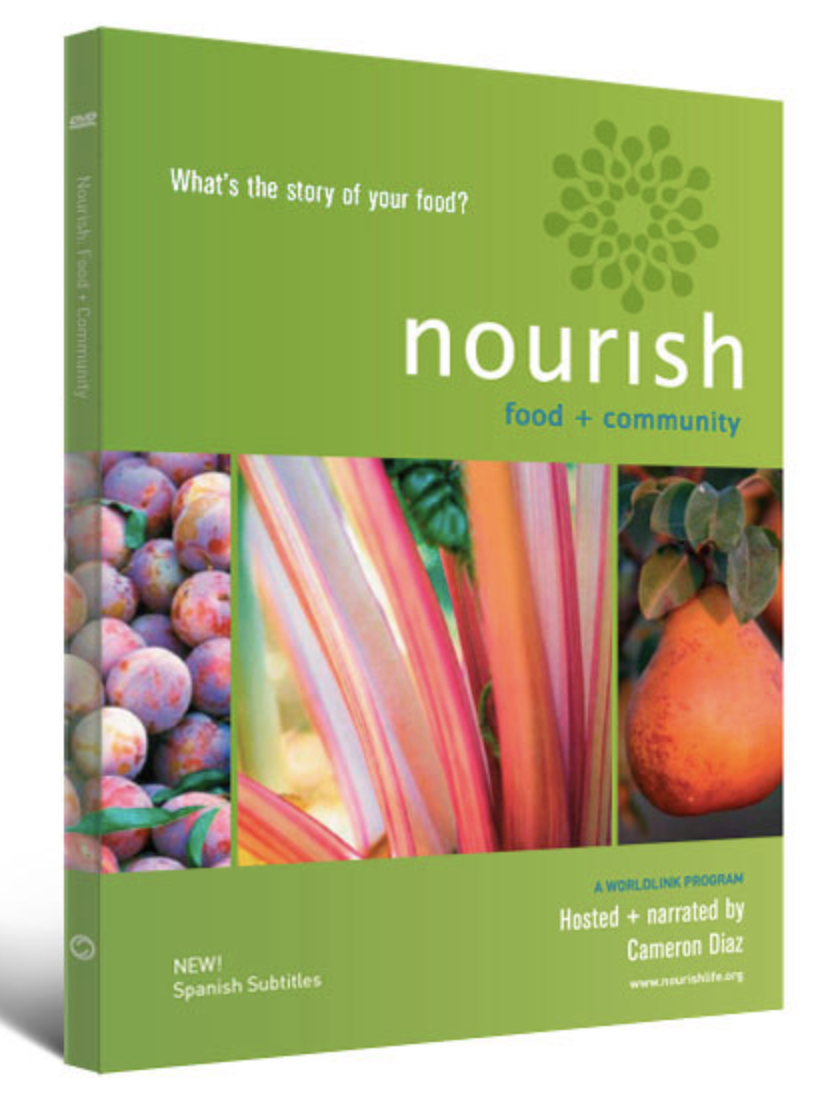
Food, Inc., an Oscar-nominated documentary, is considered "the definitive cinematic investigation of the modern American food industry." This 2008 film connects the dots between big business and government, farmers and consumers, convenience eating and sickness.
Nourish, a series of short PBS films, can spark a meaningful conversation about food, health, and sustainability. The DVD set comes with a curriculum and a Nourish Discussion Guide.
Plant a Seed
Create a library seed exchange program or cultivate your own edible garden with the help of community friends and partners such as County Cooperative Extension Services or a Master Gardener program. Perhaps host a local farmer's market, organize a food pantry, or sponsor a lunch program.
 Children's Play
Children's Play
- Whyville Snack Shack is an interactive educational game created by the U.S. Food and Drug Administration. To play, point your library browser to http://whyville.net/smmk/top/gates/flax
- For young and old, download and print the Make Smart Choices! Nutrition Label Word Search puzzle in English and Español
Featured Books
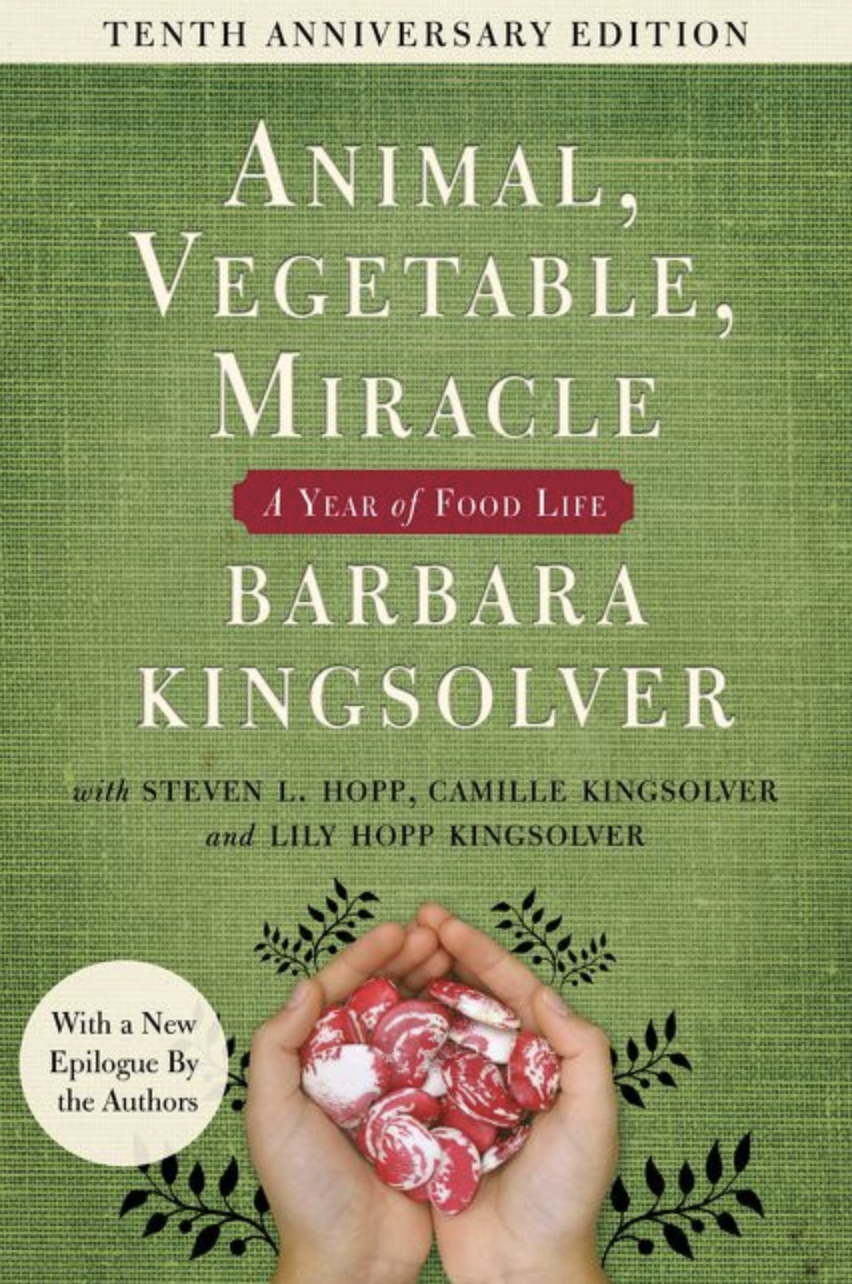


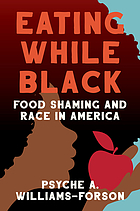
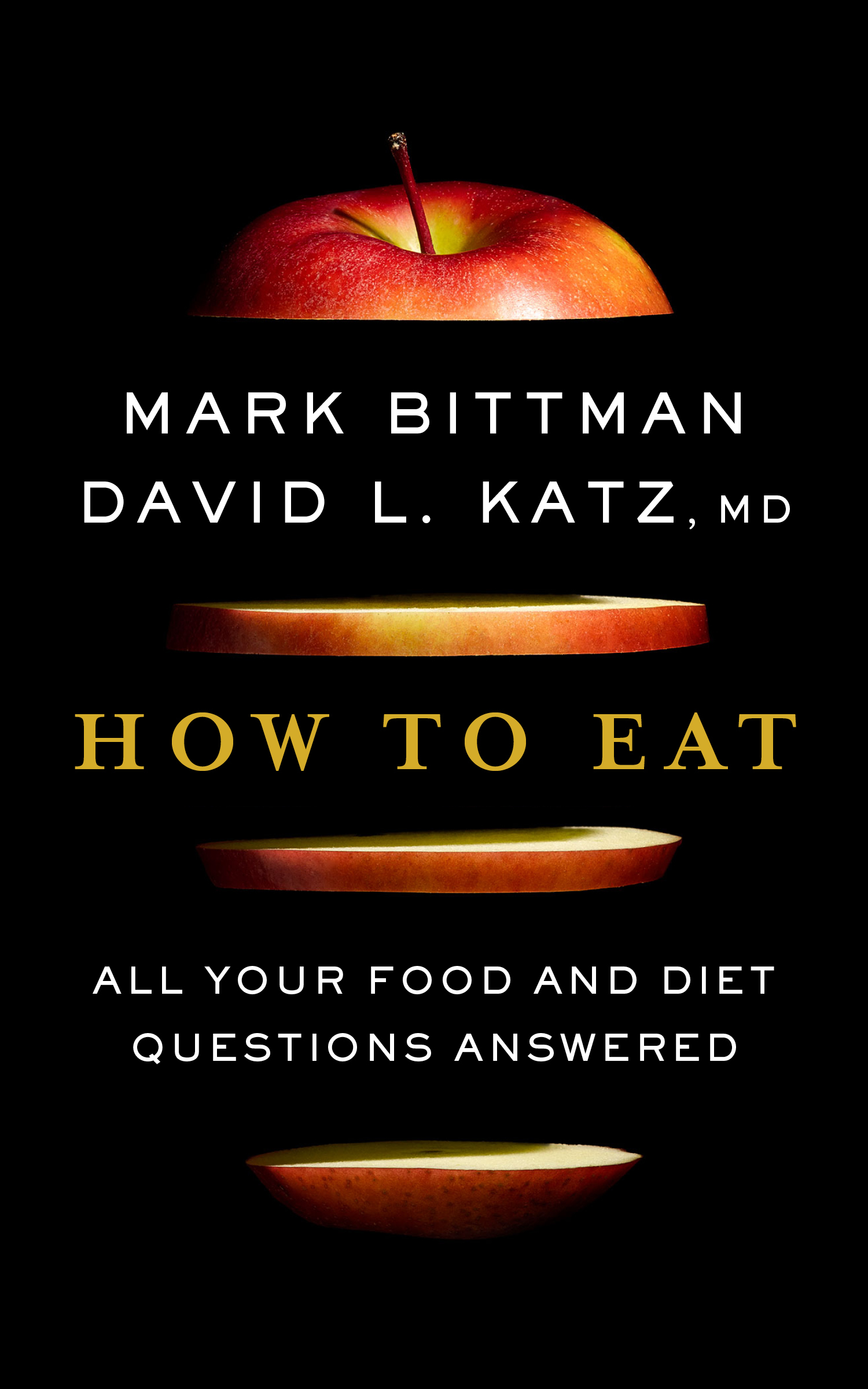
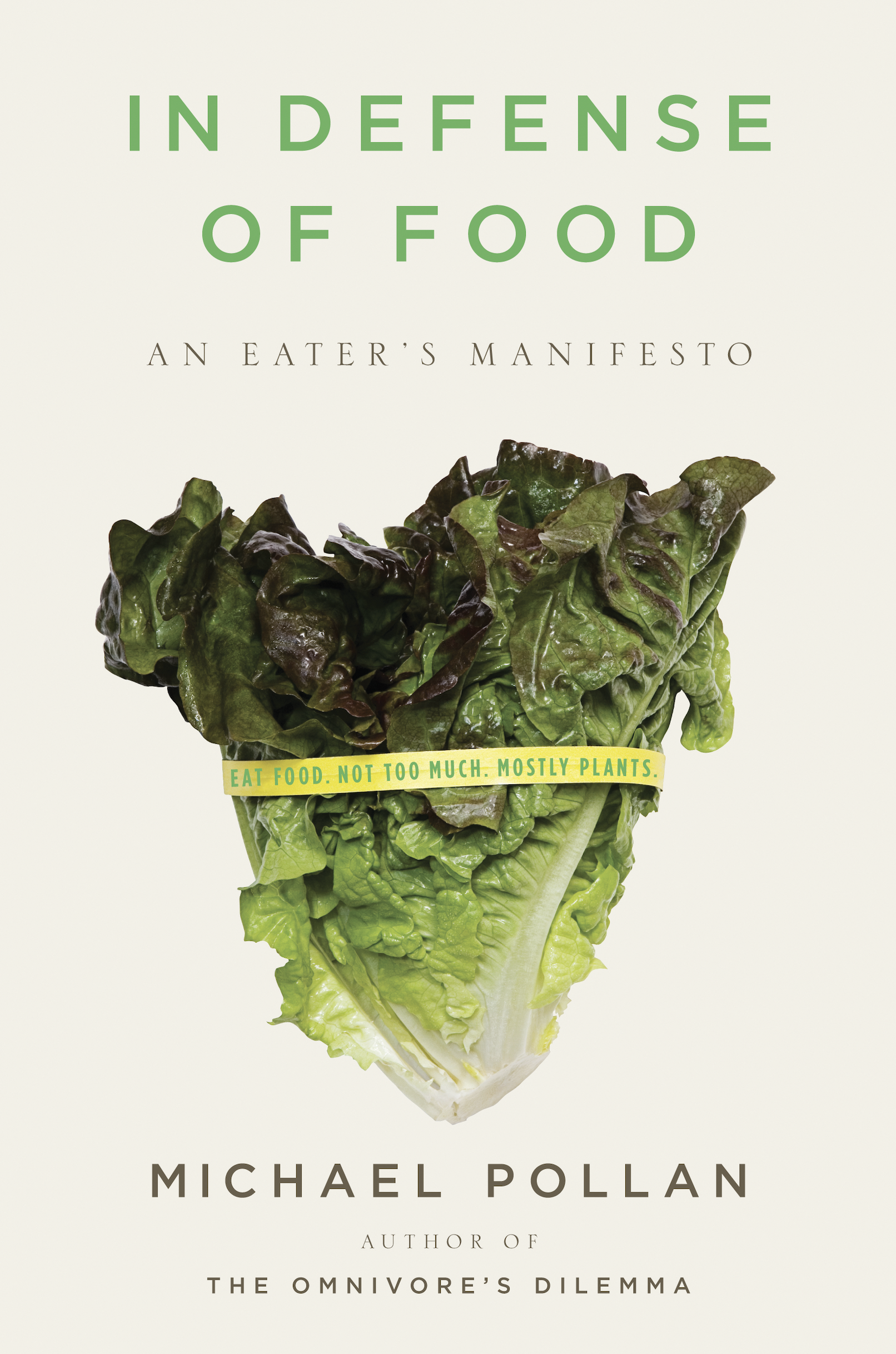
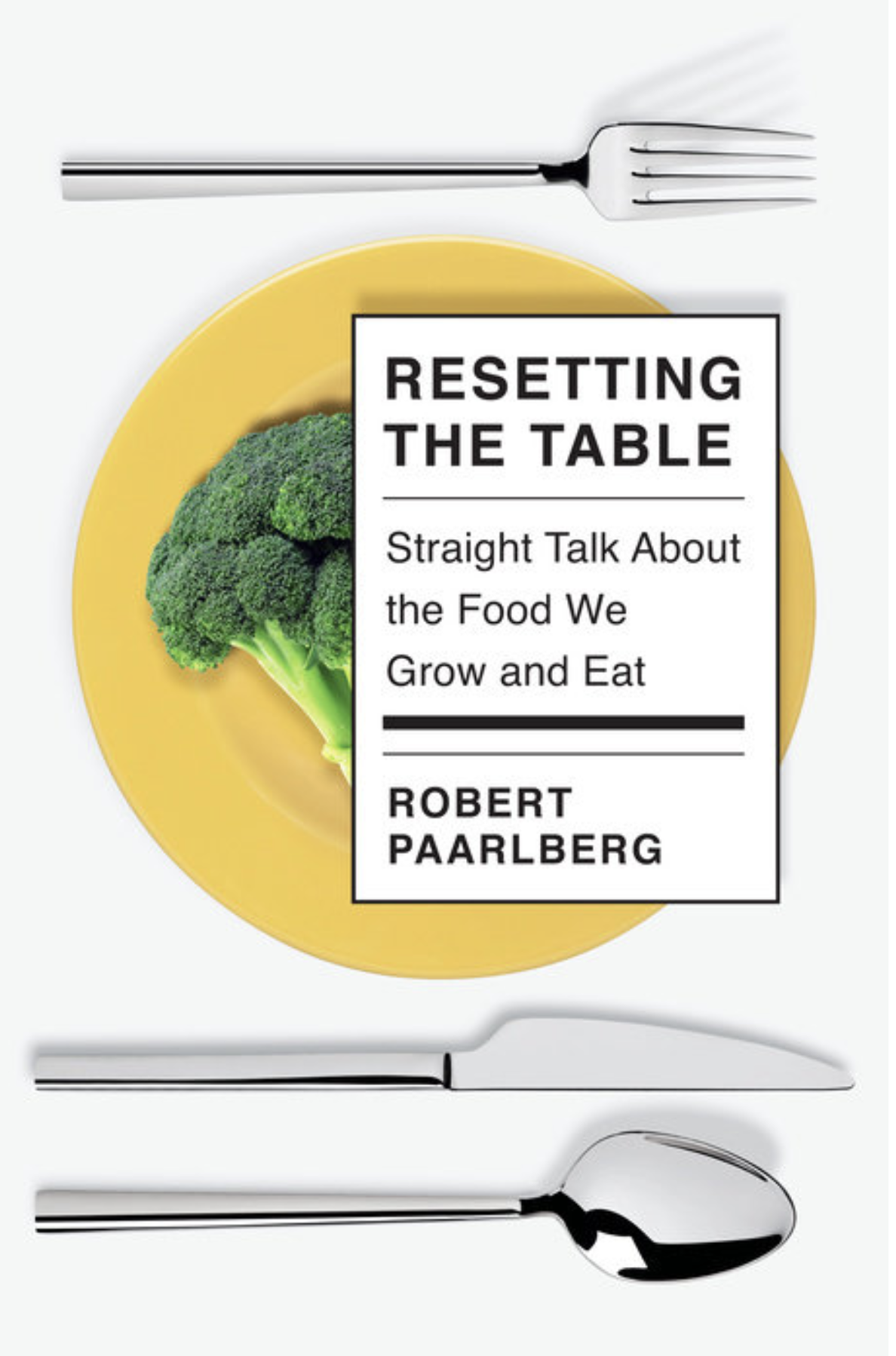
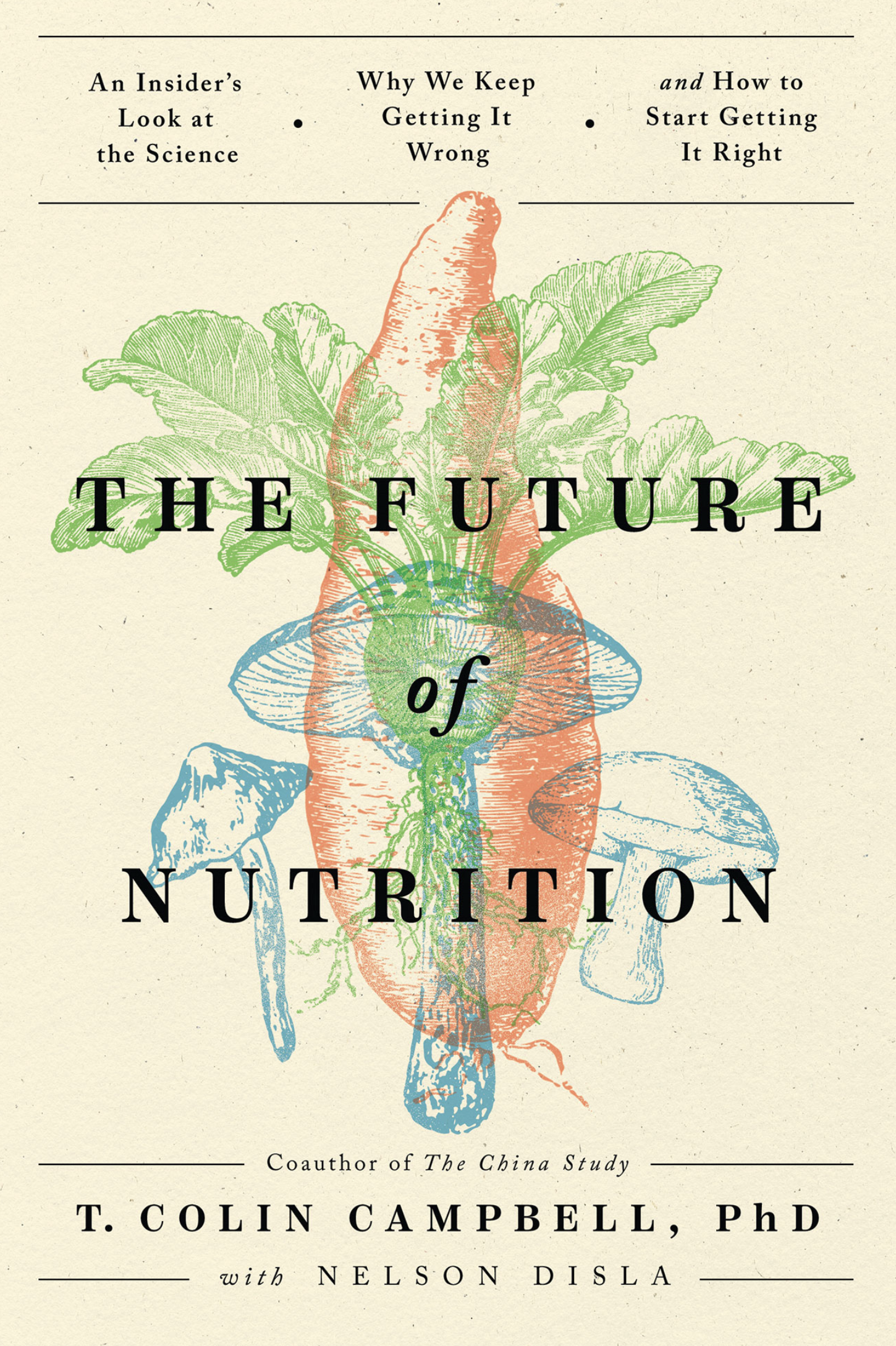
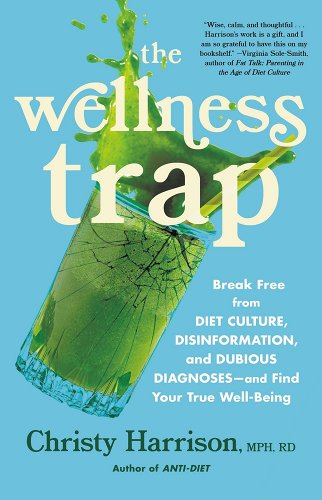
Terms of use: Network of the National Library of Medicine (NNLM) staff offer these health discussion resources for educational use. The materials included do not necessarily reflect the views or opinions of the author, publisher, or the sponsoring agencies of the National Library of Medicine (NLM) and the National Institutes of Health (NIH).

